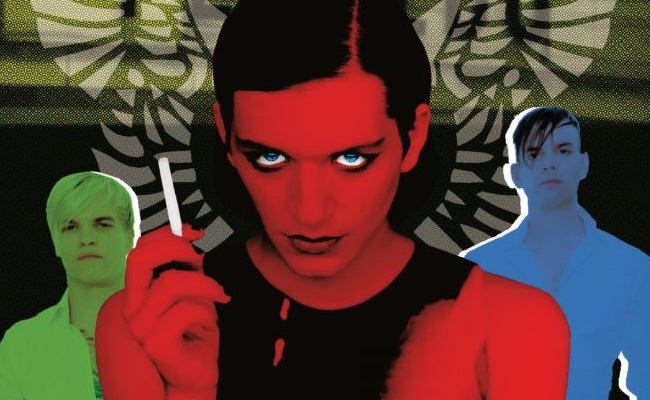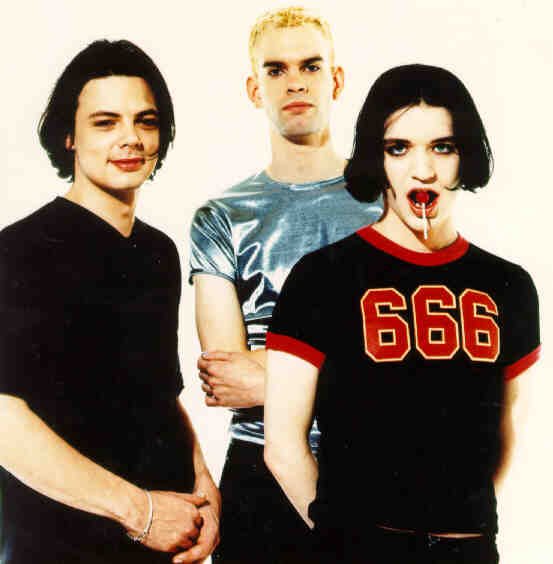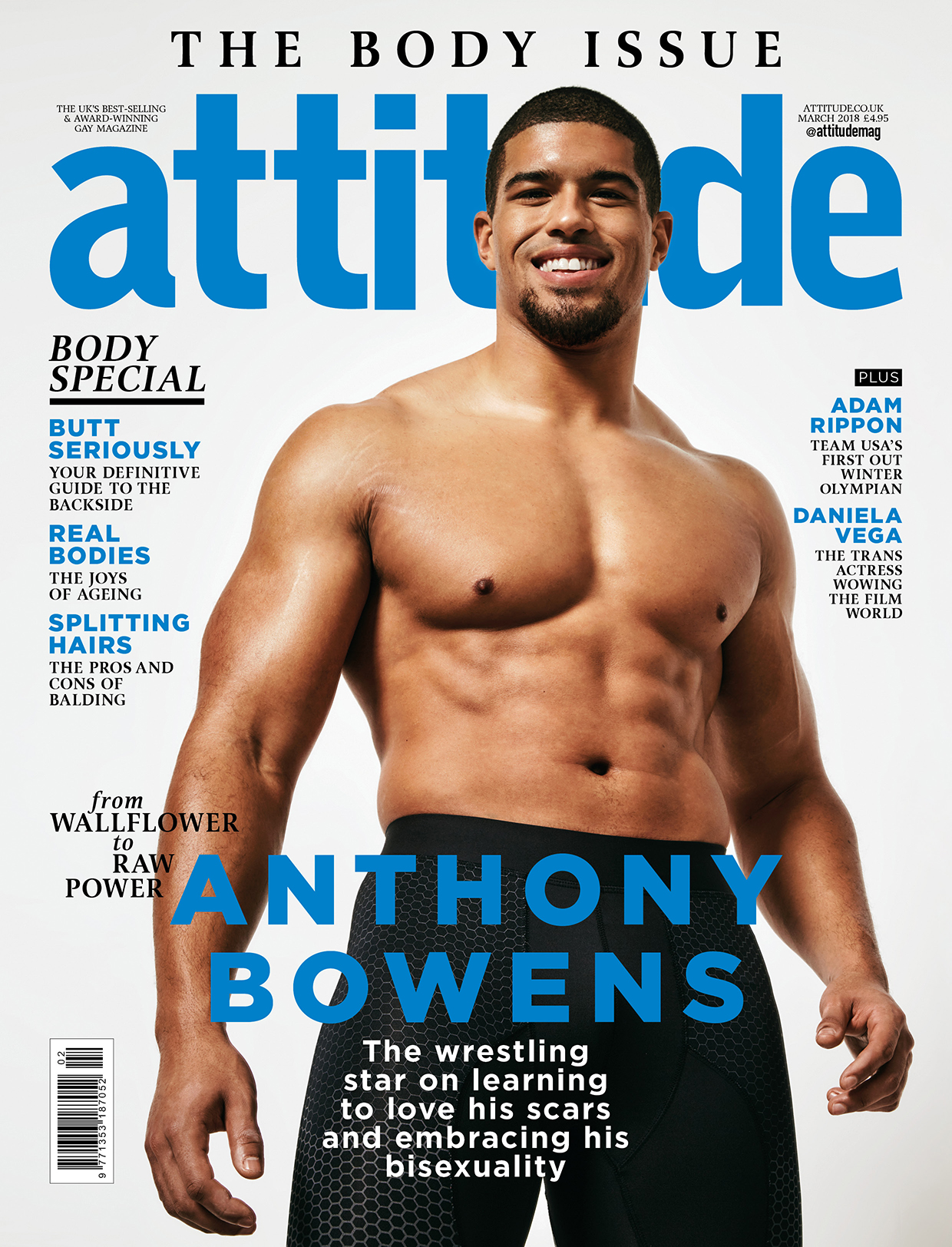The enduring queer appeal of Placebo
Brian Molko and Stefan Olsdal have been giving gay alt music fans an outlet since 1994, writes Juno Dawson.
By Will Stroude

This article first appeared in Attitude issue 289, November 2017.
Back in 1997, Britpop ruled the airwaves. Most people were either on Team Oasis, with their cocksure Northern swagger, or Team Blur, with their smug Southern aloofness. But from all the posturing machismo, something more interesting, something much more queer was to emerge; simultaneously inspiring and confusing a generation.
Placebo actually formed in 1994 when vocalist Brian Molko bumped into former schoolmate Stefan Olsdal outside South Kensington Tube station, and asked him why he was carrying a guitar. But it wasn’t until their breakthrough song, three years later, that they hit their stride.
Your mum/music bores will tell you where they were when they first saw Bowie, but to queer kids of the Nineties, it’s far more likely that you recall your first Spice Girls moment or, indeed, Placebo’s Top of the Pops performance of ‘Nancy Boy’.
Picture the scene: It’s 7.30 on a Friday evening and Noddy Holder of Slade introduces a “stomper” by a new band. You’re 13 and full of questions about boys and girls, and yourself and your identity. You’re greeted by an achingly beautiful, androgynous creature with hair as black as his eyeliner and a leather catsuit. The first lines he sings are: “Alcoholic kind of mood, lose my clothes, lose my lube. Cruising for a piece of fun, looking out for number one. Different partner every night, so narcotic outta sight. What a gas, what a beautiful ass.”
Like many teenagers at the time, I wasn’t entirely sure what I wanted to do with Molko: did I want to be him or to fuck him?
Molko, notably, is not a fan of Nancy Boy, later branding it immature (it may or may not be a pop at Suede’s Brett Anderson, who once described himself as a bisexual who’s never had a homosexual experience). He also acknowledges that it was “obscene” that such an overtly sexual song was allowed on Top of the Pops at all. Nonetheless, ‘Nancy Boy’ was pivotal for countless queer teens as well as for the band. The single was noticed by one David Bowie, who later asked to duet with Molko on ‘Without You I’m Nothing’.

Molko went on to appear as a version of Marc Bolan in Velvet Goldmine, performing a cover of 20th Century Boy, and ‘Every You Every Me’ popped up in the opening scene of modern camp classic Cruel Intentions.
But as ever, it was the mere presence of Placebo that was such a dog whistle to LGBT+ teens at the time. Regardless of how you felt about Molko’s “nasal’ vocals, having one unashamedly, almost aggressively bisexual (Molko), and one gay (Olsdal) musician on Top of the Pops — or performing on CD:UK in a skirt — was huge. Representation is key: you can’t be what you can’t see.
While Placebo hit their peak in the late Nineties, the band are still together and this year they are touring extensively to celebrate 20 years since Nancy Boy changed more than a few lives.
Read more from Juno Dawson’s Culture Club in the Attitude Body Issue – out now. Buy in print, subscribe or download.

